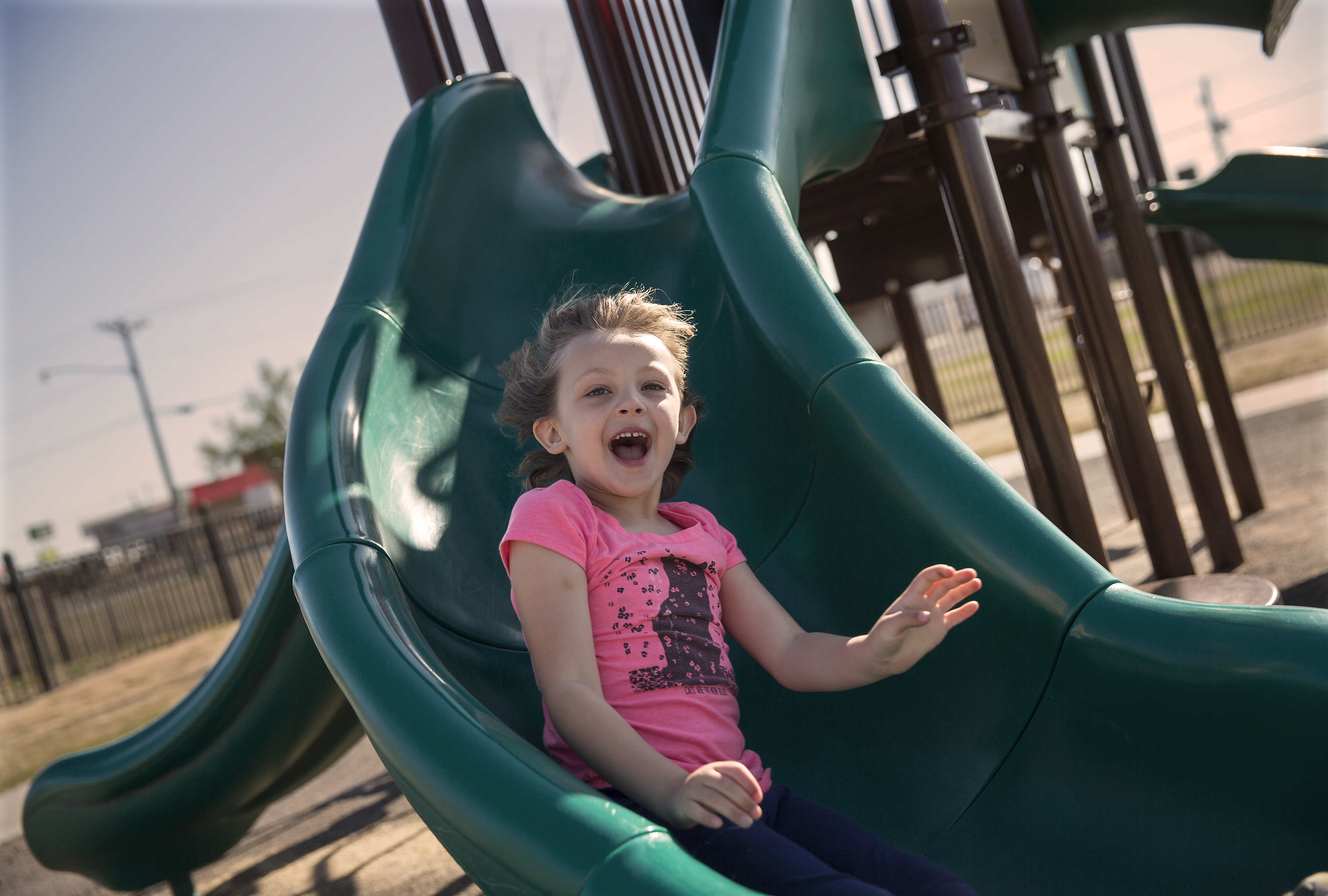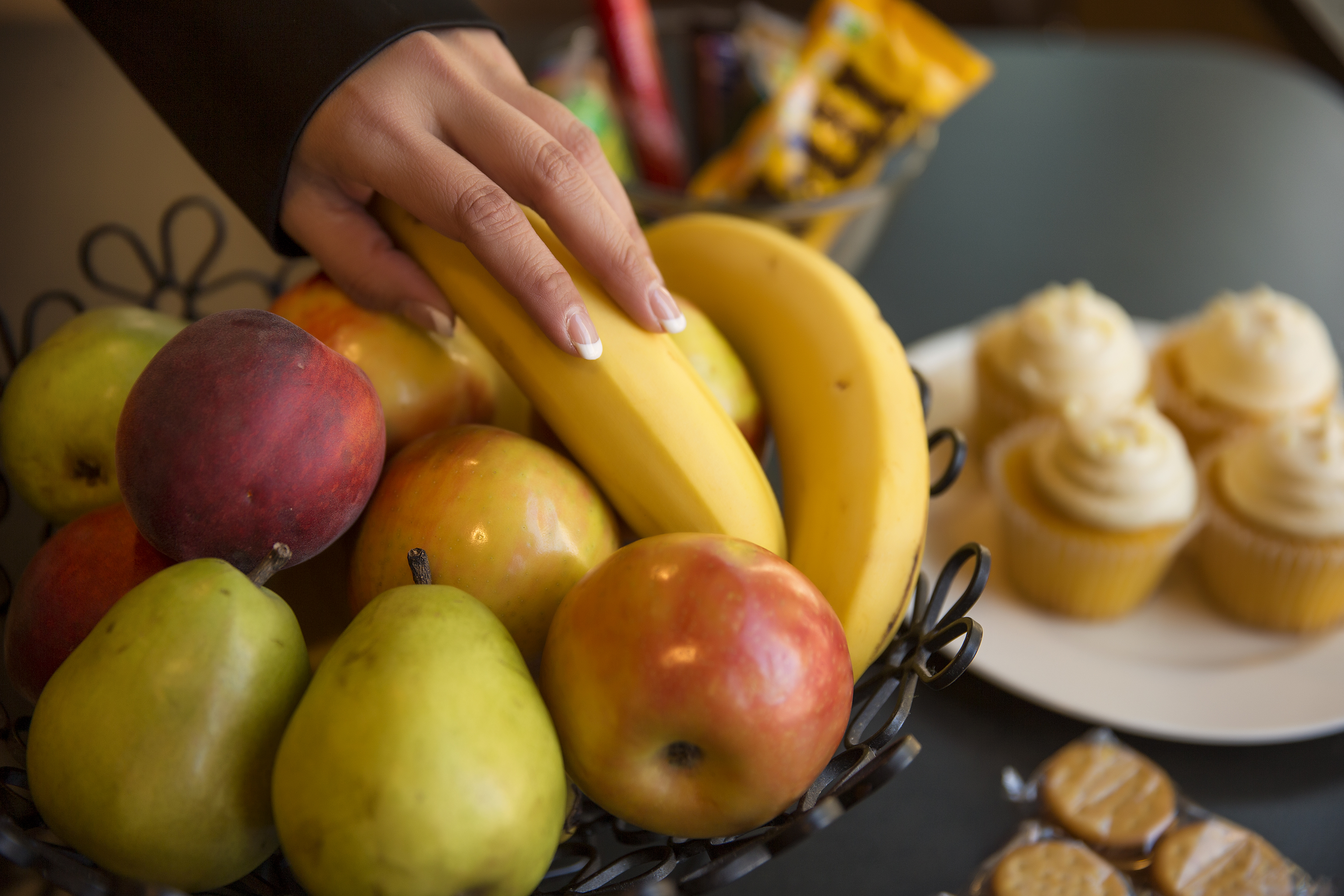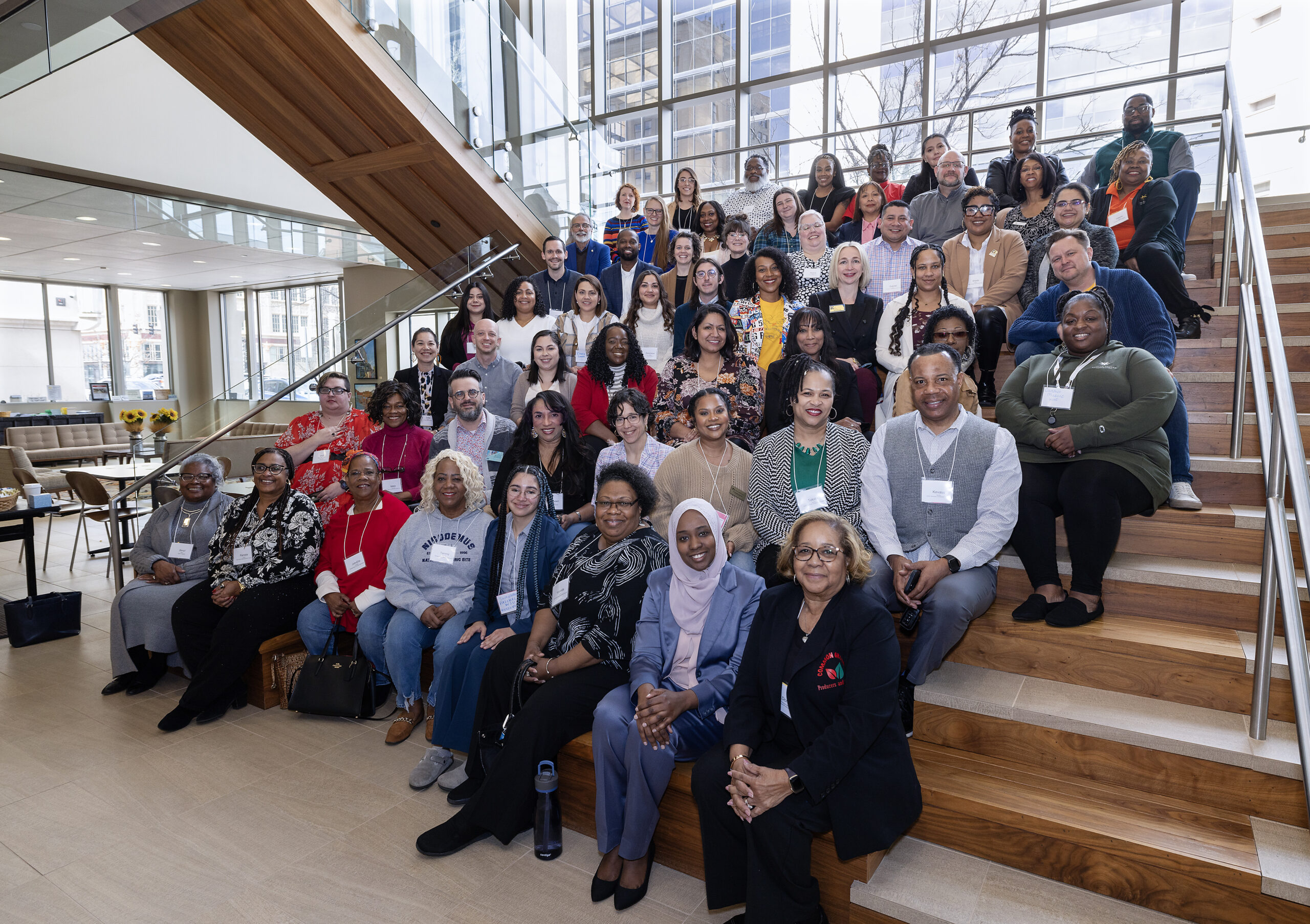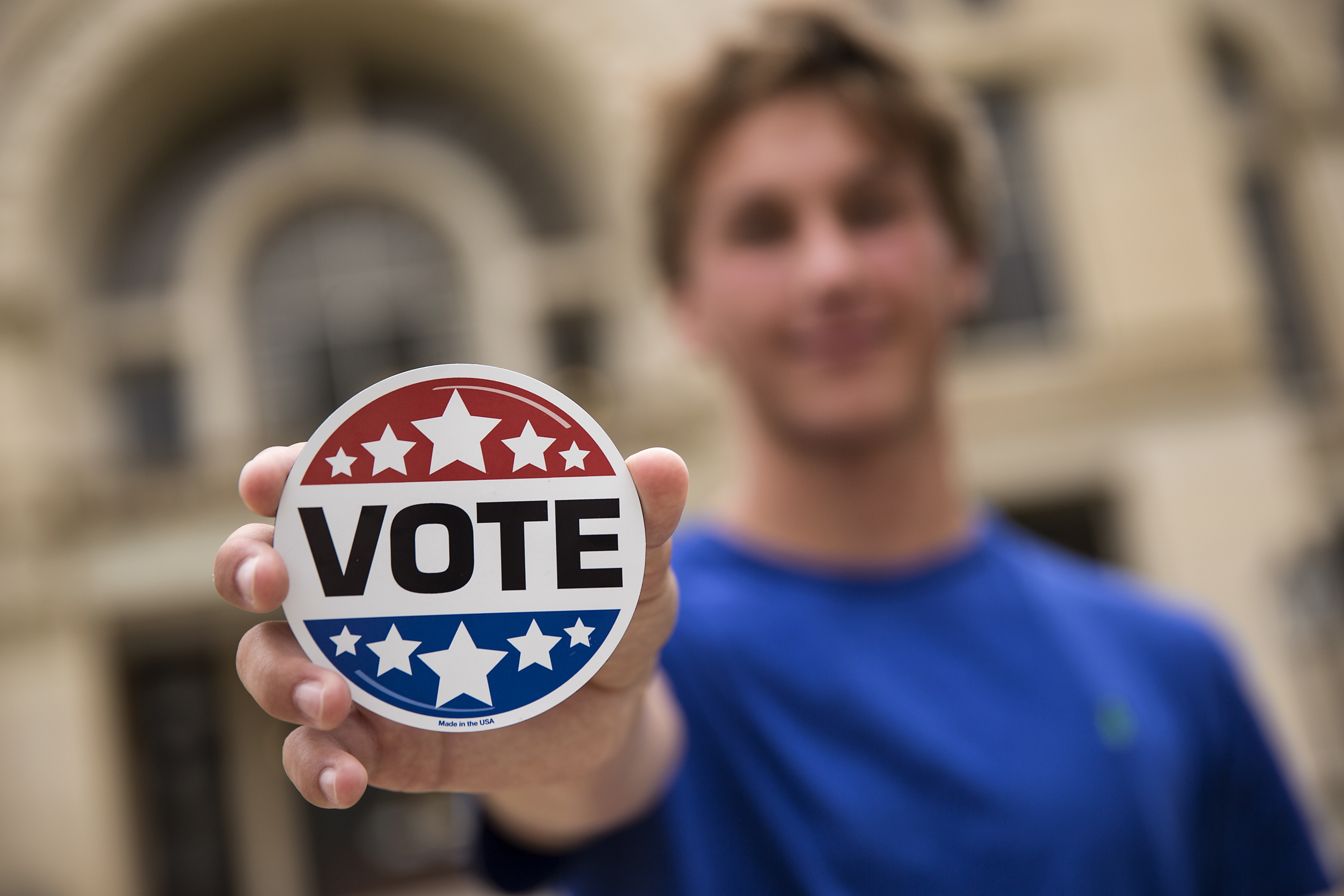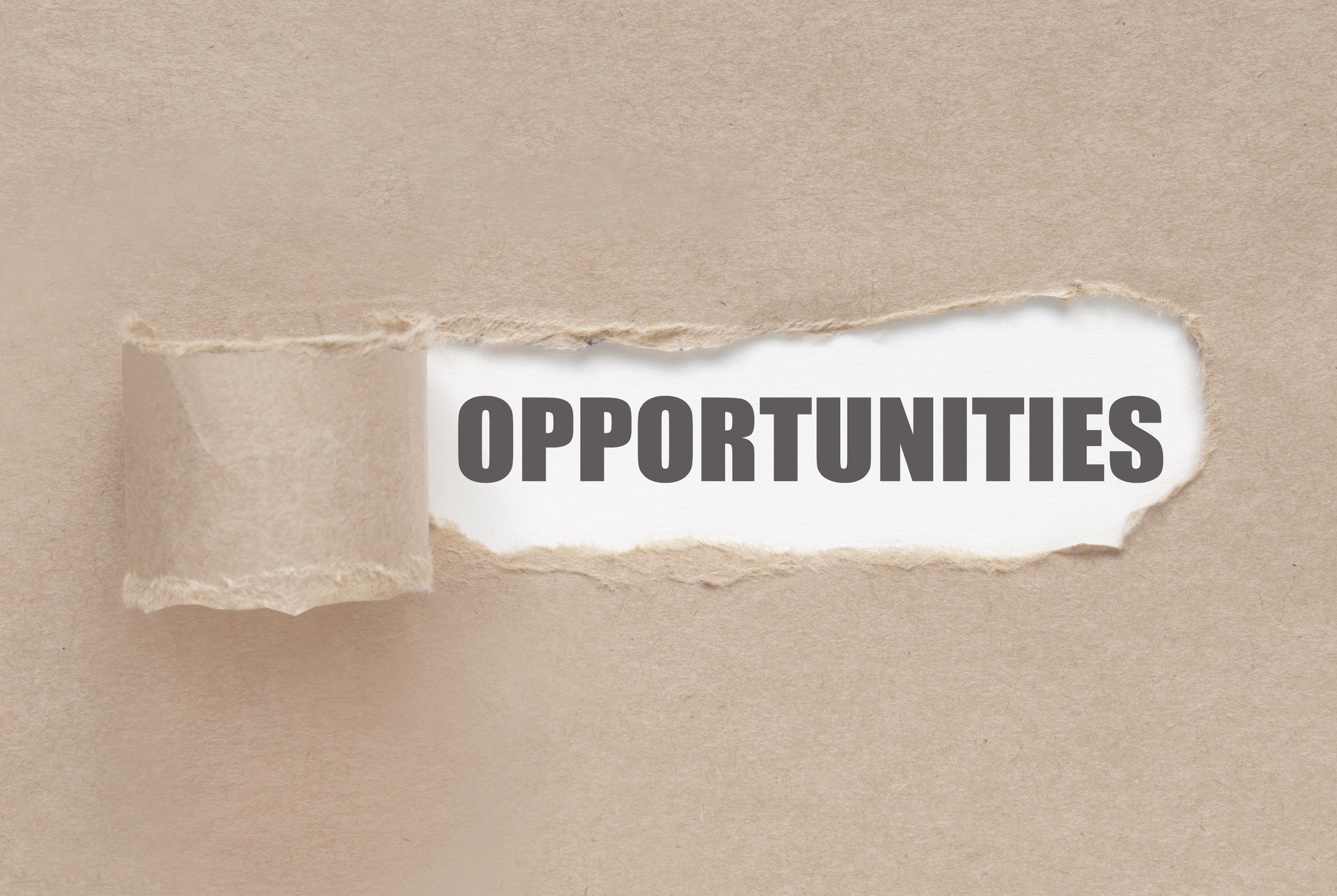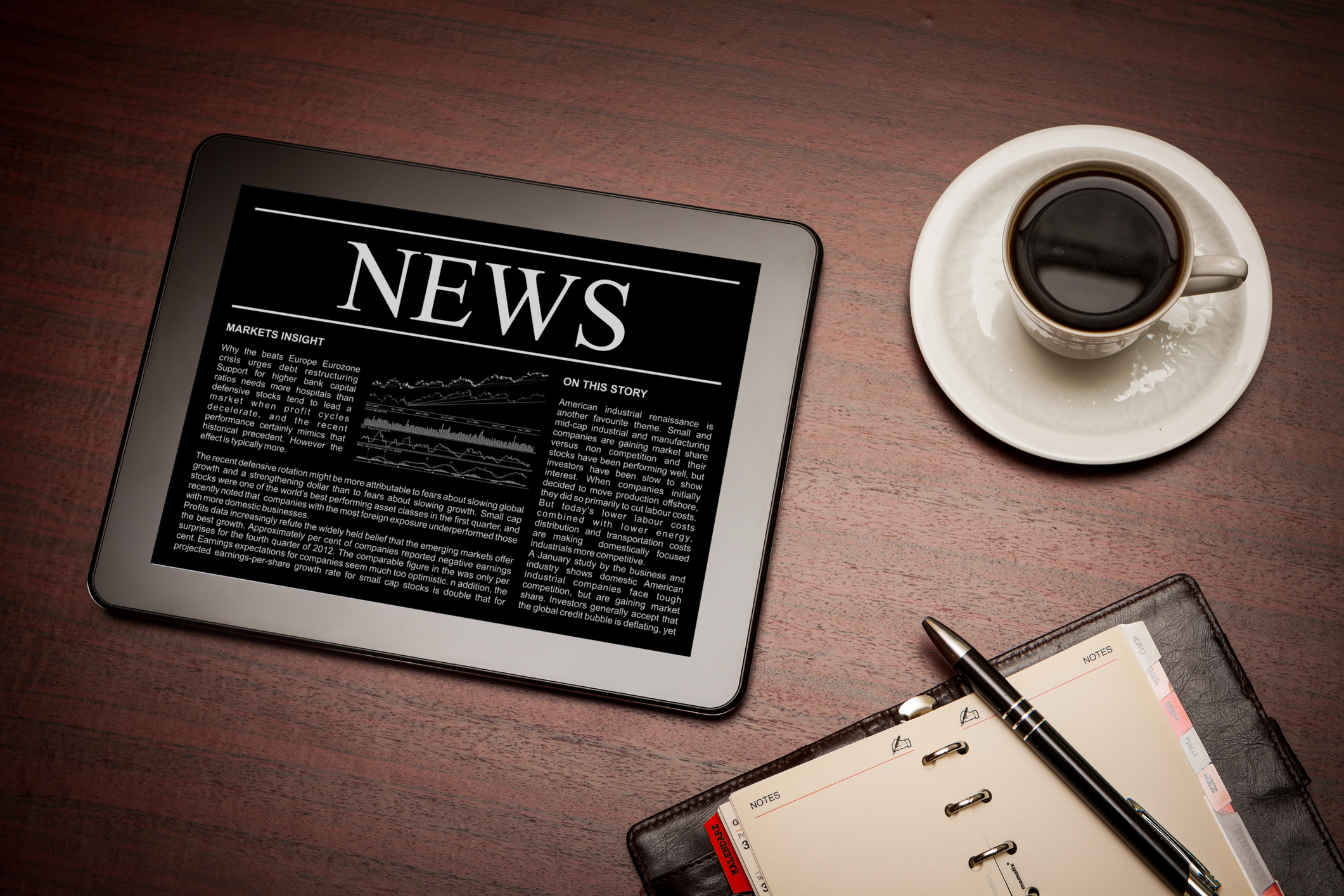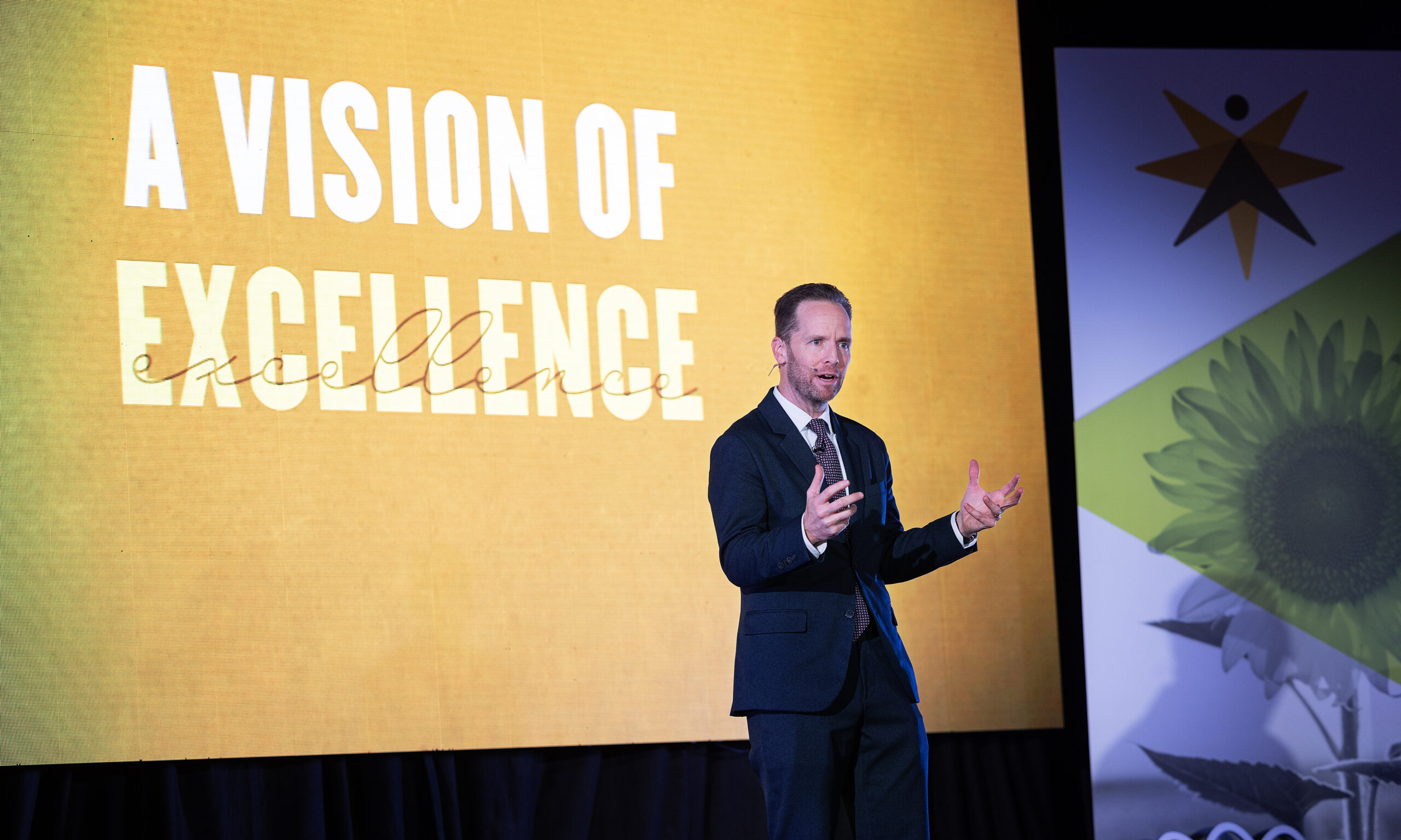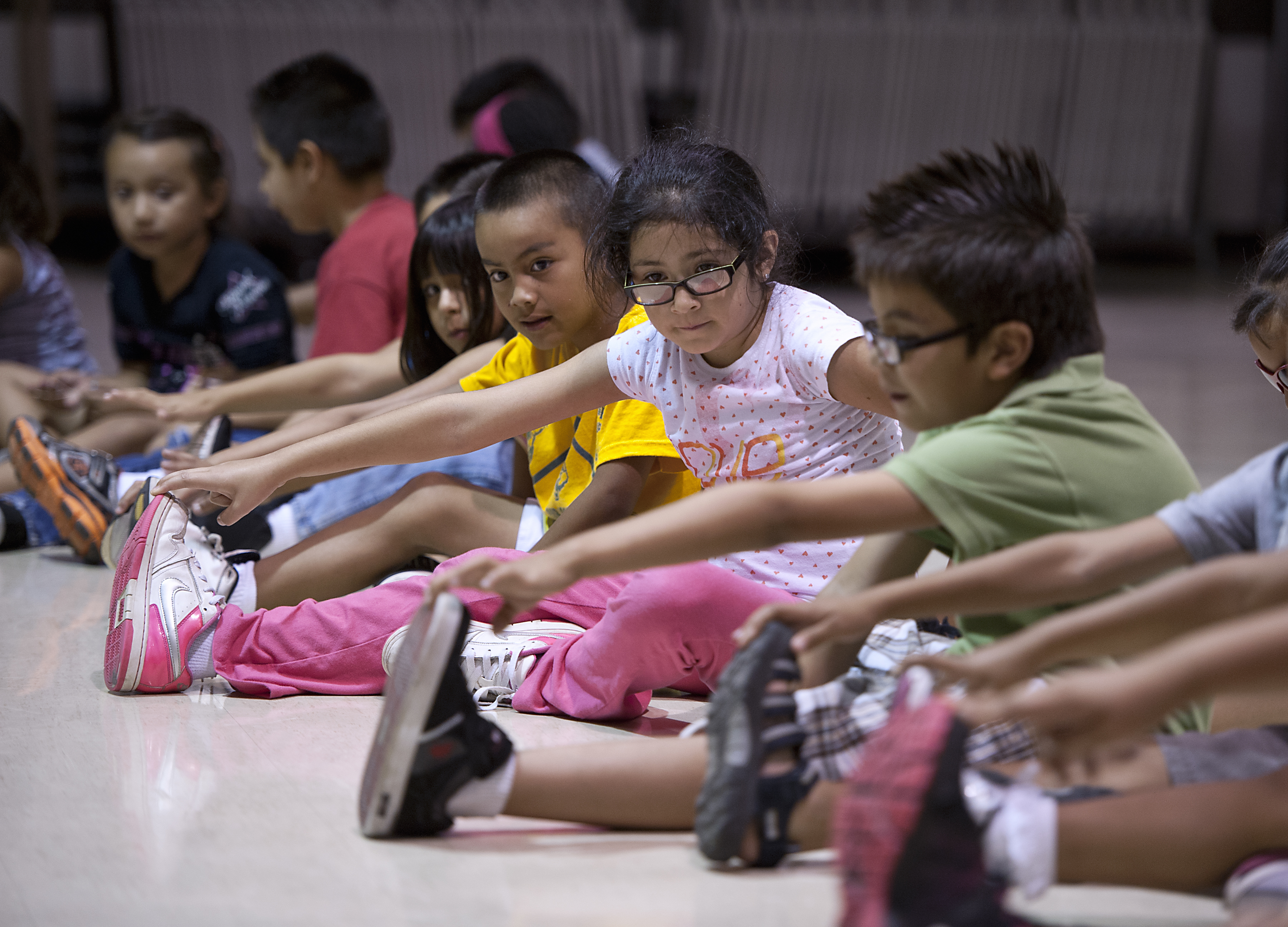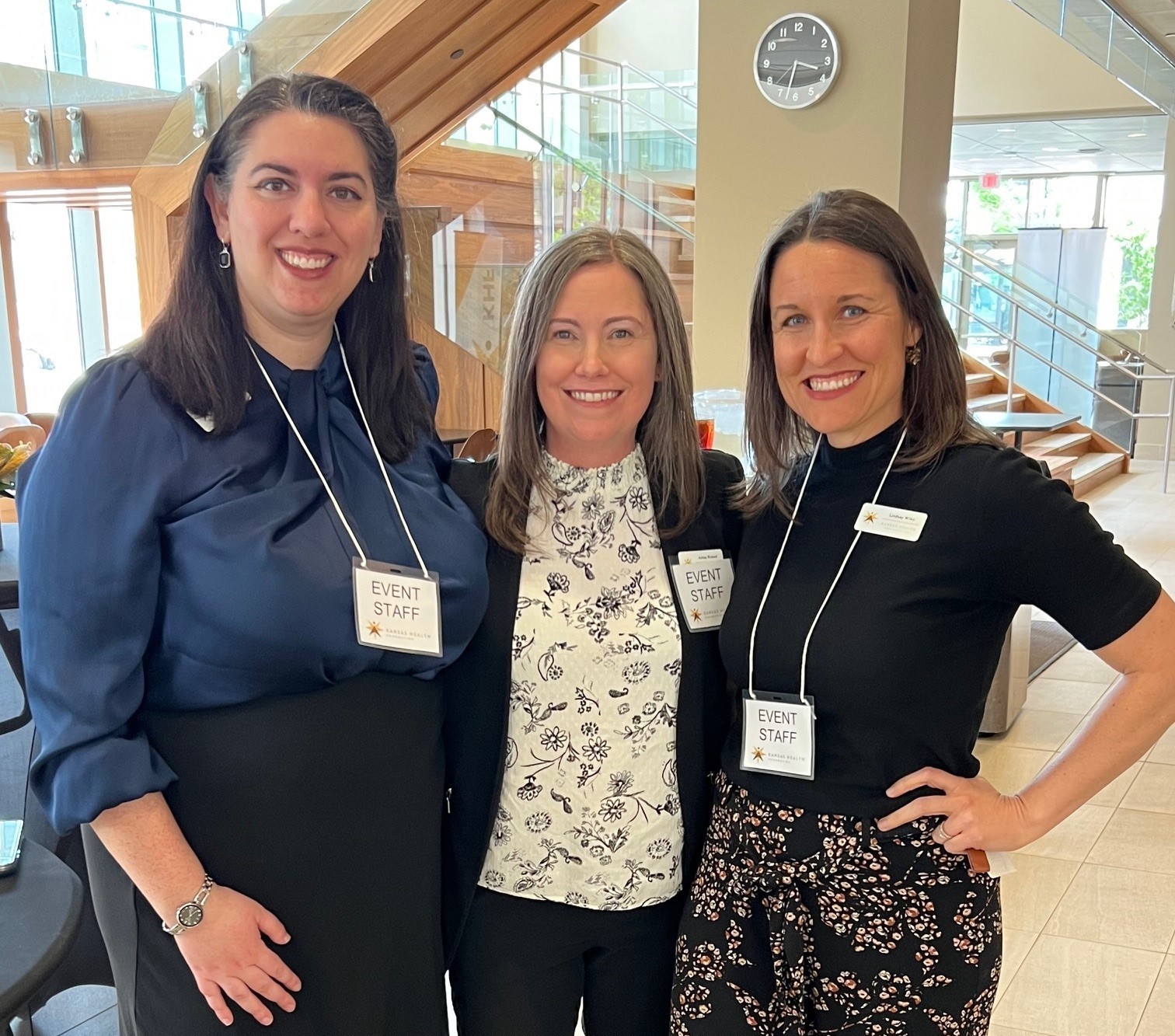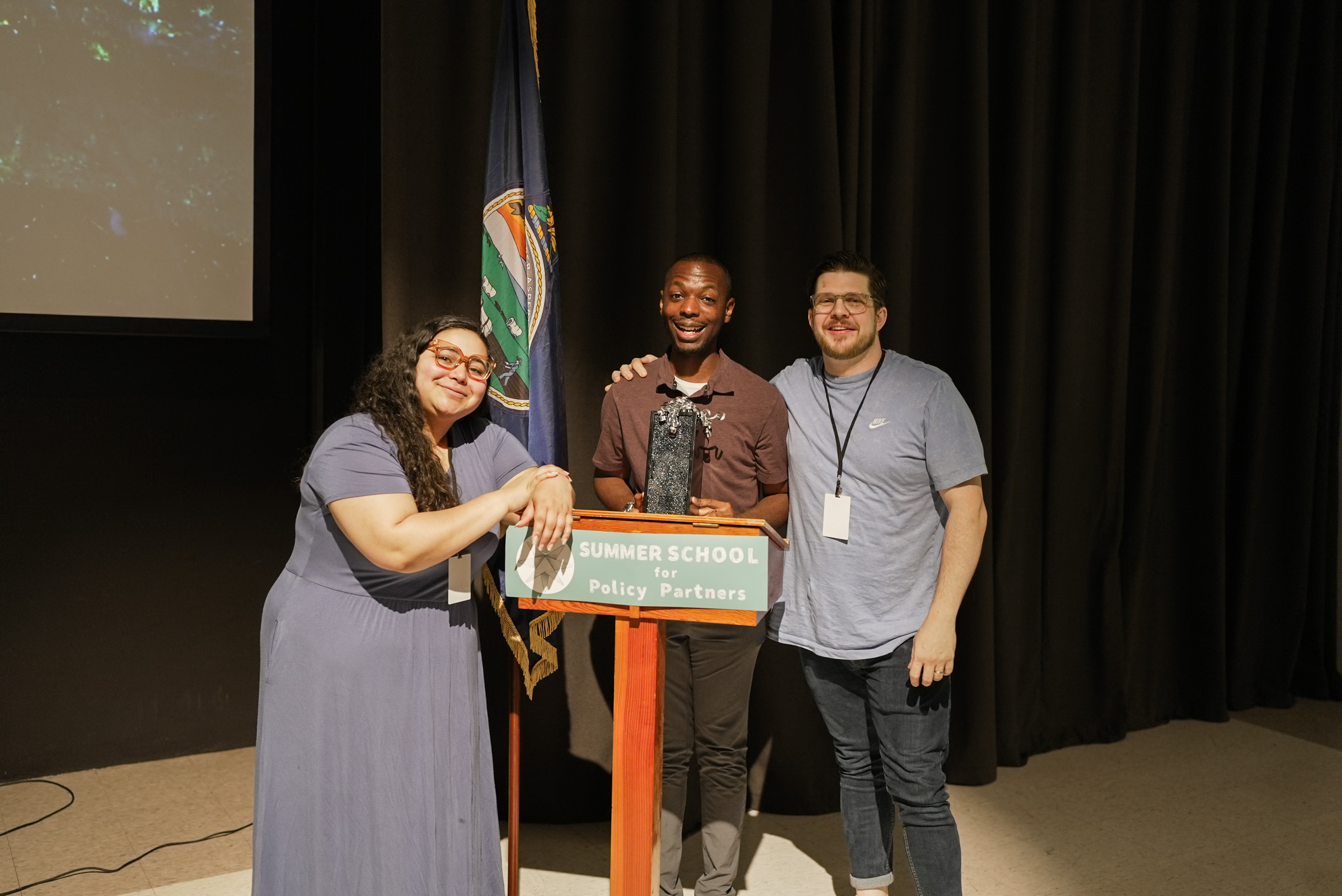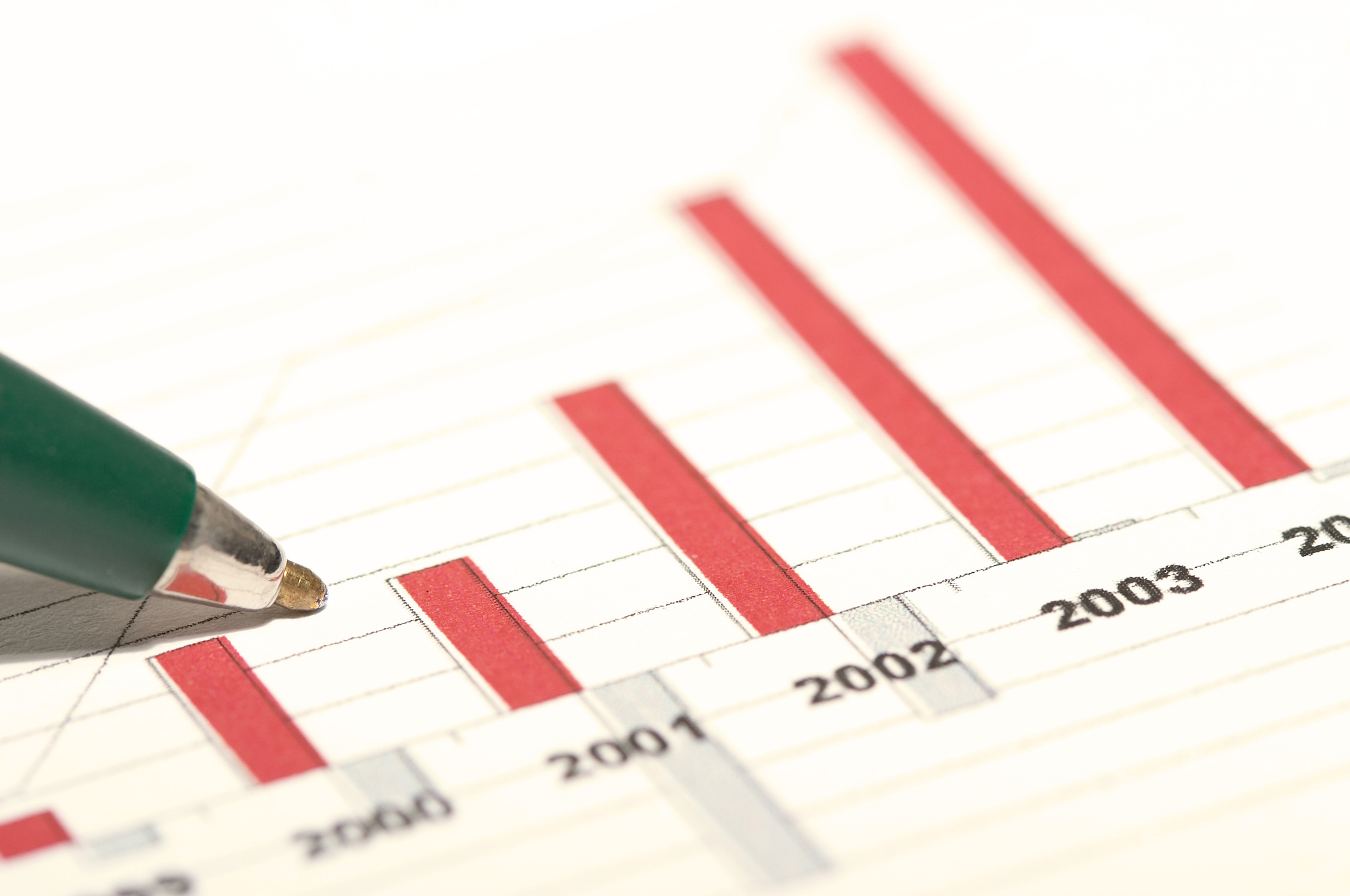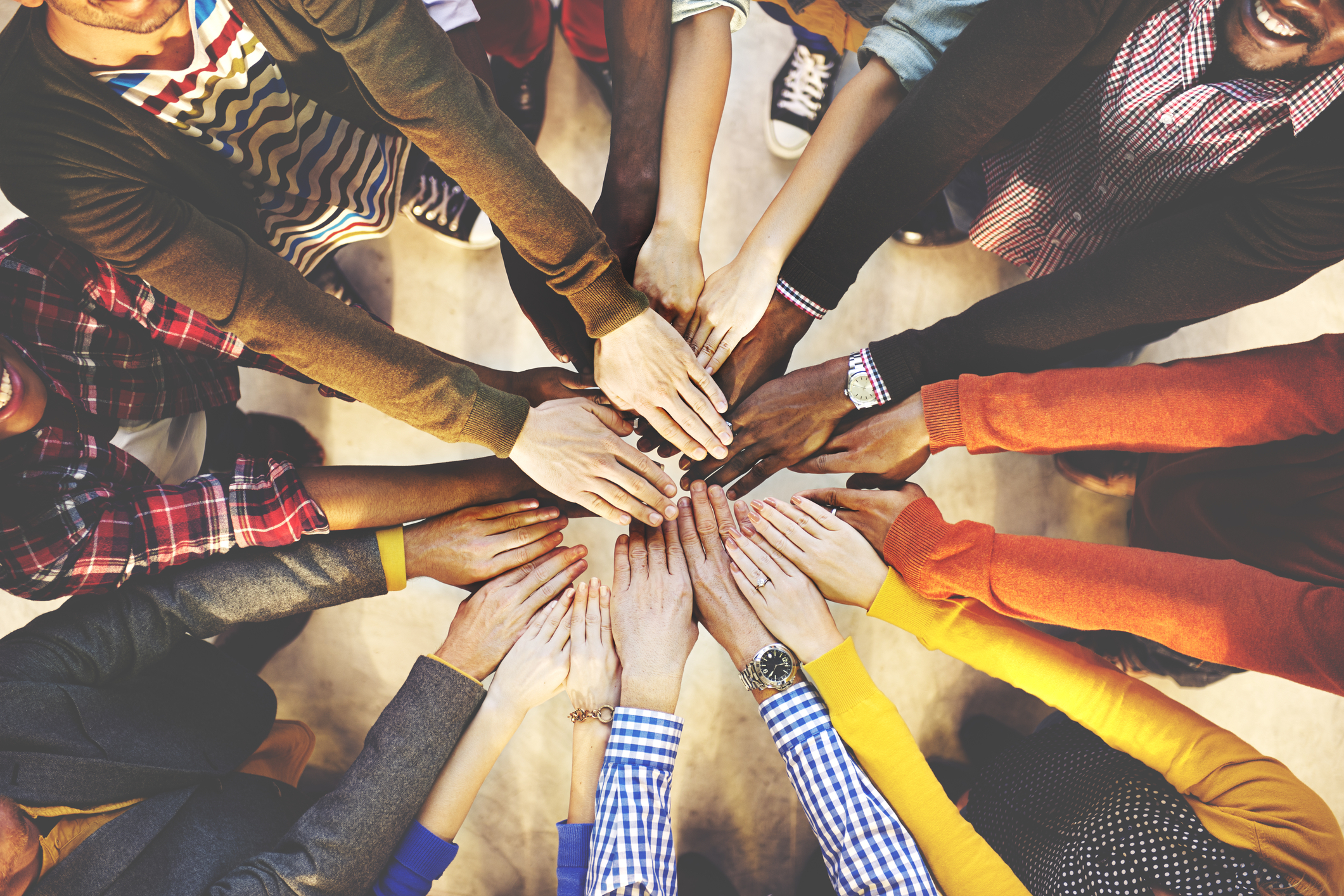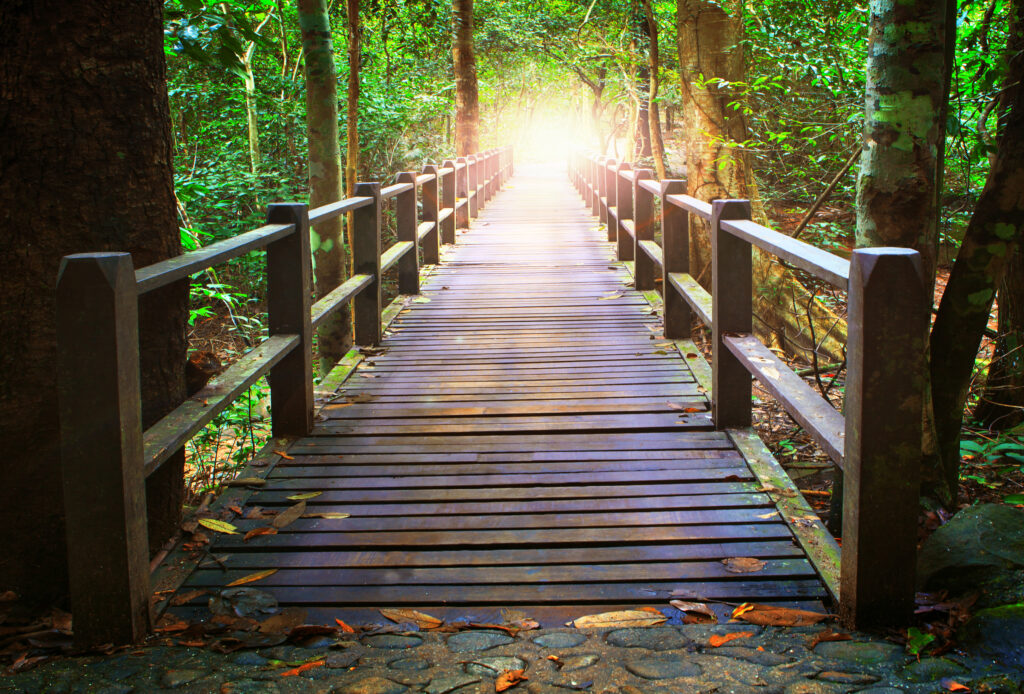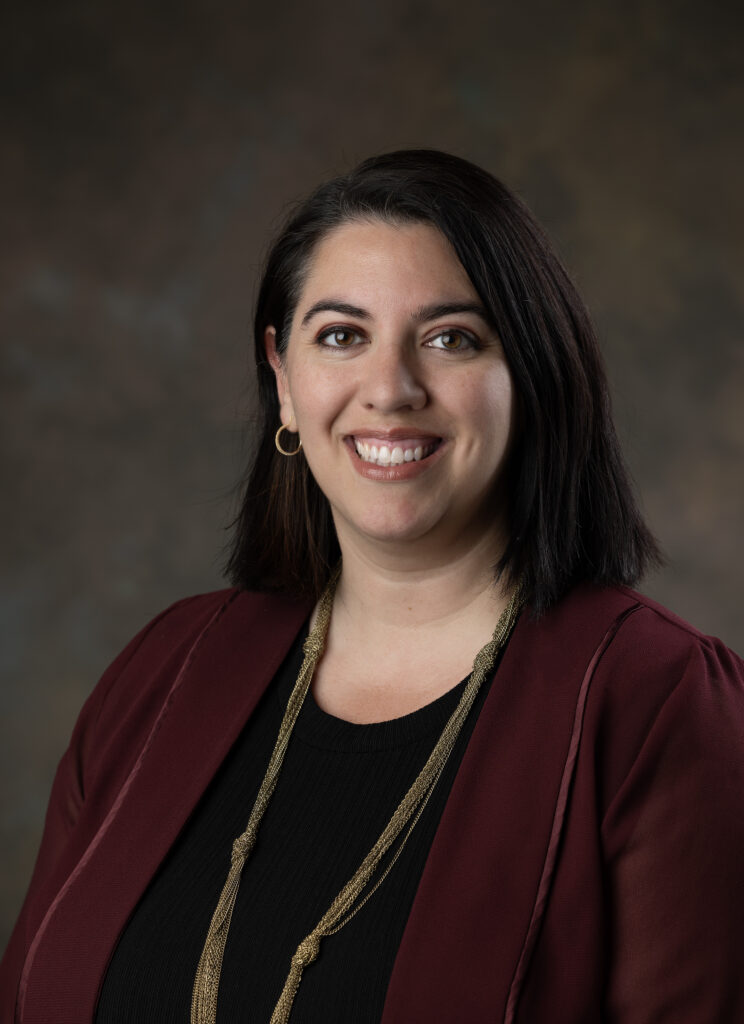To some, the morning after the election felt like learning that a raging wildfire was gnawing its way inexorably toward home. How can we stop this deadly catastrophe?
Others woke up to hope as fresh as green shoots in a decrepit forest. Can we help this tiny seedling grow into a sheltering oak? Was this the most important election of our lifetime? Yes, and no.
This week, I’ve been thinking of one of the first conversations I ever facilitated between two people on opposite sides of the political aisle. It was 2020, a month or so before the election that ultimately ousted Donald Trump from the White House, and I was a newbie at facilitating One Small Step conversations for StoryCorps. In this exchange, the ‘liberal’ conversation partner recalled an election from decades ago and noted that elections always feel like standing at the edge of disaster. You think the world will end if your candidate isn’t elected.
But it doesn’t.
And yes, I understand that you might be thinking, “This is different because…” You could be right. But disaster for the trees is a boon for the soil. For us humans, the disaster of widespread human suffering is only possible when the masses are permissive. You are what stands between our country and disaster, no matter your side. I know people who are thrilled with the 2024 election result. And I know folks who are categorically devastated. In both groups and either way, we are what makes America great and what makes it a disaster.
We are the problem. We are the solution.
A few years ago, I remember seeing a lot of #NoNuanceNovember hashtags on social media, suggesting that people take a stand, blinding themselves to the gray areas. I’m no sociologist, but I’ve had a rare vantage point over the last four years…privy to very personal conversations between individuals who disagree fervently on core societal issues. I’ve also seen the effects of those discussions.
Disaster requires our complacency, but it’s also a matter of perspective. After forests burn, something new is born. The cycles of life play out in humanity’s affairs just as they do in the woods. There is new life, growth, death, decay, and new life again. We humans like to think of ourselves as something other…but we are beholden to the laws of nature just as everything else is. Life itself is a tale of nuance, as no one can live at the cost of nothing.
We must realize we aren’t seeing the forest for the trees. Recognizing that fact is where we may transcend being subject to these competitive cycles and build coalitions toward the common good. Recently, I facilitated my 100th One Small Step conversation, and I’m starting to see the patterns. Debating one another almost never works. Insulting one another’s intelligence sets us back. But listening to one another’s stories can create threads of connection…as thin at first as silk threads.
For many, there is a chasm in between the belief that the world is ending and the hope that we can make things better. The space in between is filled with exhaustion and mistrust. Somewhere between them, there could be a bridge. Walking across it could change everything. Getting a different view of the forest almost always gives people pause.
The most important election of our lifetime is the one that’s right in front of us, but not so much because of the candidates, as it is because these civic traditions represent another chance for us to look and see what life is like in another grove of trees. If we can form bridges across to one another by listening deeply to one another, we might even be able to target the deadwood without decimating the forest, and also allow new life to grow. It may even benefit the whole.
Our common good isn’t mythological. It simply requires more of us taking the time to see the forest and the trees.
###

